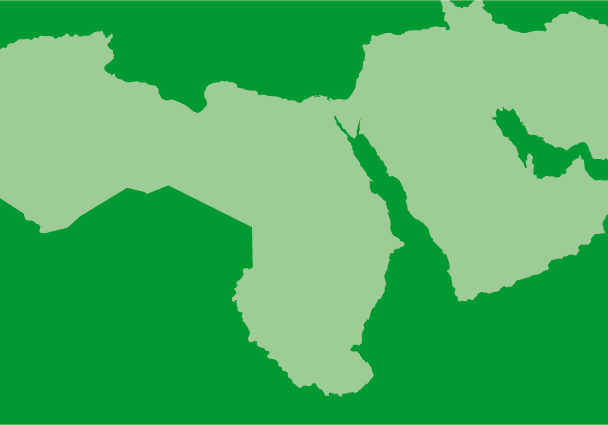The ICJ today called on the Knesset to repeal a law that prevents Palestinians from the Occupied Territories being united with their Israeli spouses after a small majority of judges (6-5) upheld the law on 14 May.
The Citizenship and Entry into Israel Law, first promulgated in 2003 following a 3-year moratorium on applications for family reunifications, forbids Israeli Palestinians and their spouses from the Occupied Territories from living in Israel and prevents them from eventually obtaining Israeli citizenship. “This law cuts through families solely because the husband or wife comes from the Occupied Territories. Such discrimination violates Israel’s international human rights obligations,” said the ICJ.
The government has said security threats justify this law. “Instead of focusing on specific individuals who may represent a genuine security risk, the Israeli authorities indiscriminately and arbitrarily apply blanket measures that target a whole community and deny them the basic right to family life”, stated the ICJ.
As Israeli citizens are not allowed to live in the Occupied Territories, the implementation of this law either leads to the splitting of family members, the unlikely move to another country or the constant threat of deportation from Israel for those who choose to live with their loved ones.
While the law allows temporary residence permits to be issued to Palestinian male spouses over 35 and Palestinian female spouses over 25, these are only granted at the discretion of the authorities and are also of little relevance as Palestinians usually marry at a younger age.
As the law treats Israeli citizens differently on the basis of national origin, it constitutes a form of racial discrimination and violates the fundamental principle of non-discrimination contained in numerous international human rights treaties ratified by Israel, in particular the International Covenant on Civil and Political Rights, the International Covenant on Economic Social and Cultural Rights, the Convention on the Rights of the Child and the International Convention on the Elimination of all Forms of Racial Discrimination. Because the implementation of this law will in many cases result in the splitting of families, it also constitutes a violation of the right to family life, enshrined in the International Covenant on Civil and Political Rights and the Convention on the Rights of the Child. The minority judges in the High Court case ruled that the law harmed the constitutional rights of family life and equality to an unnecessary extent.
This law violates the principles of legality, proportionality and non-discrimination and also constitutes a form of collective punishment, forbidden by international law.
As the Knesset will review the law in July 2006, the ICJ calls on the Israeli authorities to repeal this law that criminalizes normal family life and collectively punishes thousands of mixed couples under abusive security-related measures.
Israel-Occupied Territories-terrorism families-press release-2006




